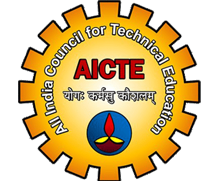The Mentoring System was introduced in the year of 2020 to monitor student progression both in curricular and co-curricular activities. Also it aims to help the students in resolving their academic and personal issues.
The mentor acts as a guide, supporter, sounding board and, sometimes, as a role model
MES College Erumely offers a highly-efficient Mentoring system through which a group of 20-30 students are assigned to a faculty member at the commencement of the program. The institute has an integrated mentoring system where the faculty acts as a link between the students and the institution. Mentors meet their students regularly and guide them with their studies and extracurricular activities.

Mrs. Suhana E
Assistant Professor
Dept.of Computer Science

Mrs. Anitha Mathew
Assistant Professor
Dept.of Computer Science
Objectives
- Each student in a department are under the supervision of the Head of the department
- Each batch/class is assigned a class supervisor to support students.
- Each teacher should be assigned as the mentor of some of the students of all batches/ classes and guide them.
- Mentors will continue for the same group of students from admission till their graduation
Implementation of Mentoring System
- Phase I: Appointing mentors from faculty of the parent department by considering student-to-faculty ratio.
- Phase II: Allotment of students to the mentors.
- Phase III: Interaction of students with the mentors through which the mentors can identify strengths and weaknesses of the mentees.
- Phase IV: Periodic meeting of the mentees with the mentors.
- Phase V: Obtaining feedback from the students at the end of the session.
Acceptance of Mentoring System
- Maintain personal details of the students including their address, contact numbers, overall academic performance and progress. It will help the mentor to monitor the academic growth of the students.
- Advice the students regarding the choice of electives, projects, training, etc.
- Directly or indirectly motivate the students in academic activities.
- Contact the parents/guardians of the students in case of their academic irregularities or behavioural changes.




